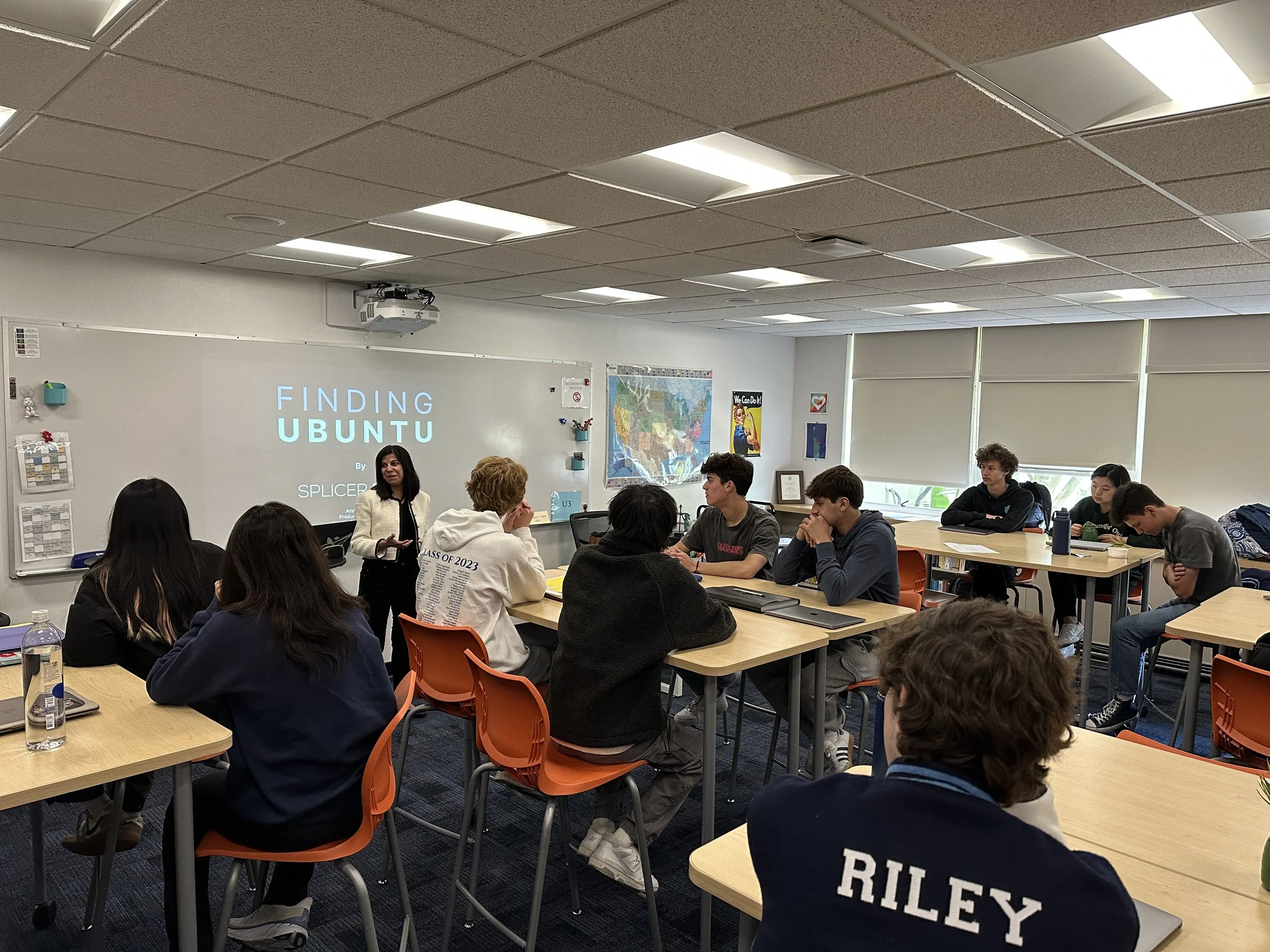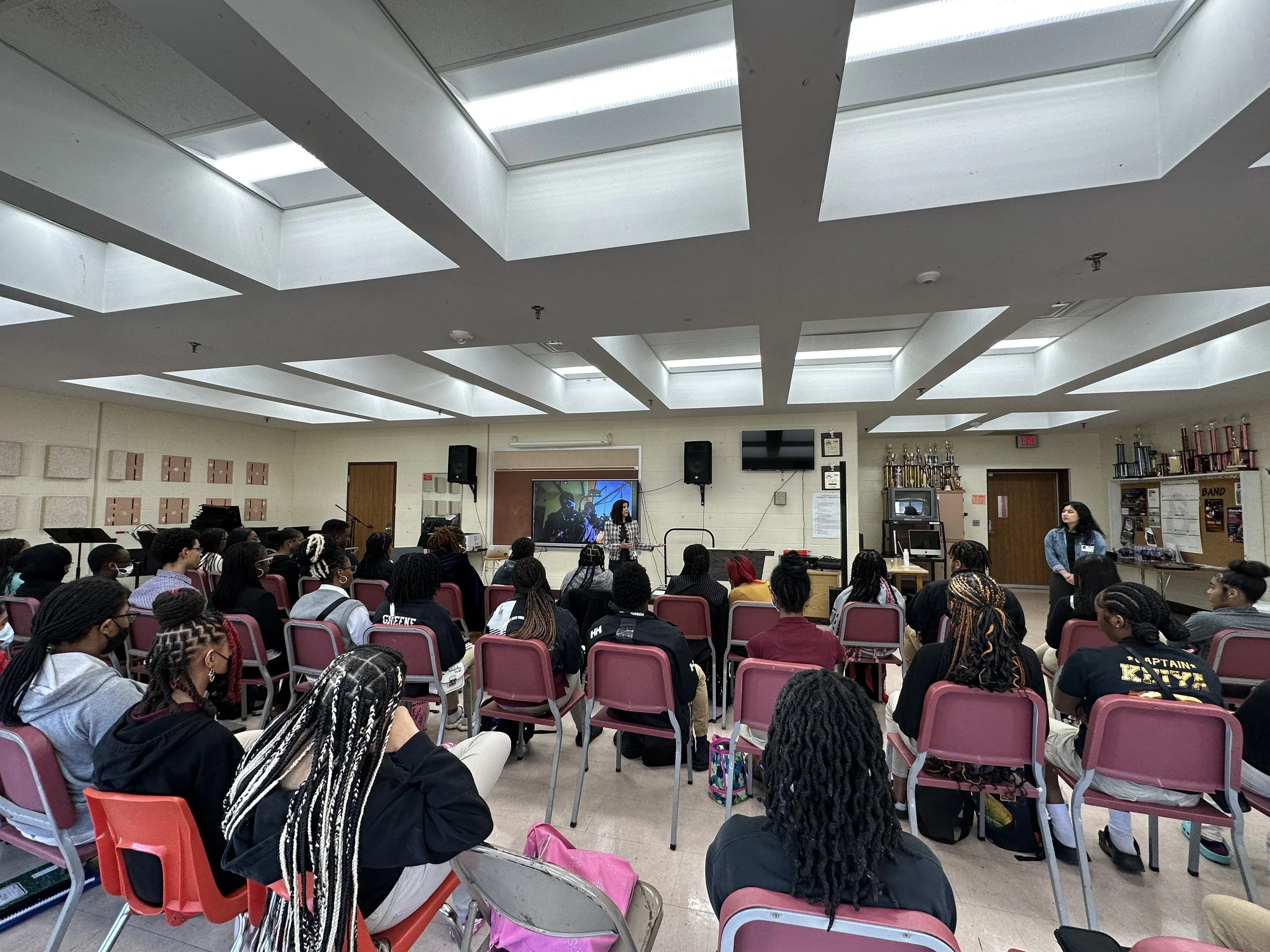
Bring the Power of Storytelling Into Your AP Curriculum
The Impact Documentary Curriculum for AP Classrooms
A Curriculum That Combines Art, Advocacy & Academic Rigor
Designed for AP and advanced secondary programs, our project-based curriculum helps students become critical thinkers, ethical storytellers, and media-savvy citizens
Academic Testimonial
Students and Educators share how impact documentaries enrich their experience, highlighting the emotional impact of using real stories in classrooms to inspire empathy, inquiry, and solutions for a better future.
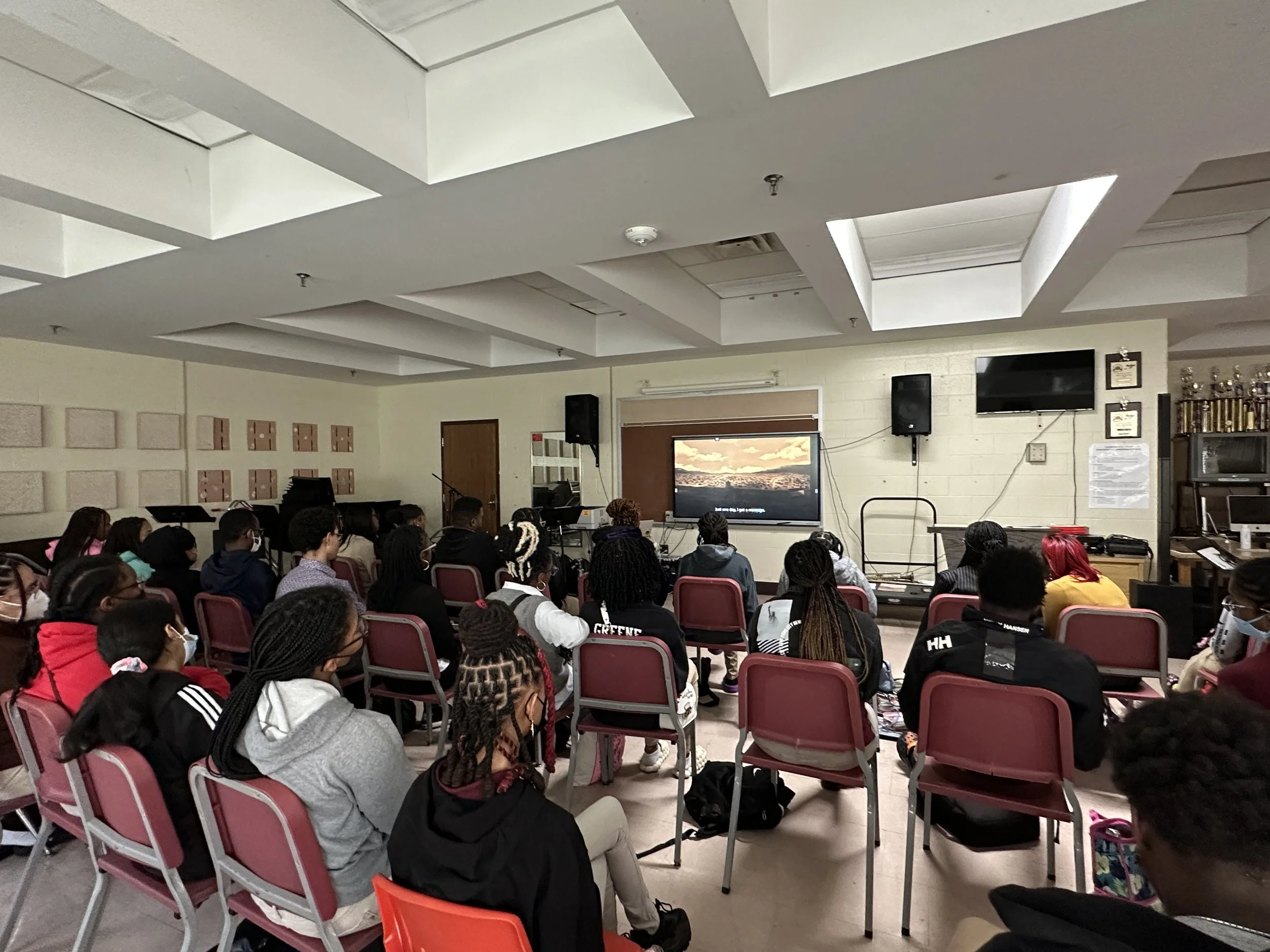
What Students Learn
A Step-by-Step Guide to Making Impact Documentaries
Why It Works?
✔ Student-Centered, Real-World Projects
Students complete an original short documentary as their capstone product
✔ Aligned with AP & College Readiness Standards
Focuses on research, synthesis, argumentation, and presentation
✔ No Film Experience Required for Teachers
We provide all the scaffolding, tech recommendations, and support materials you need
✔ Designed by Filmmakers & Educators
Built by the team behind award-winning Splicer Films productions
What is Included?
Customizable curriculum guide (semester and year long)
Readily available assignments & rubrics
Downloadable worksheets, planning tools & media literacy lessons
Clip library from Splicer Films documentaries
Schools We Worked With





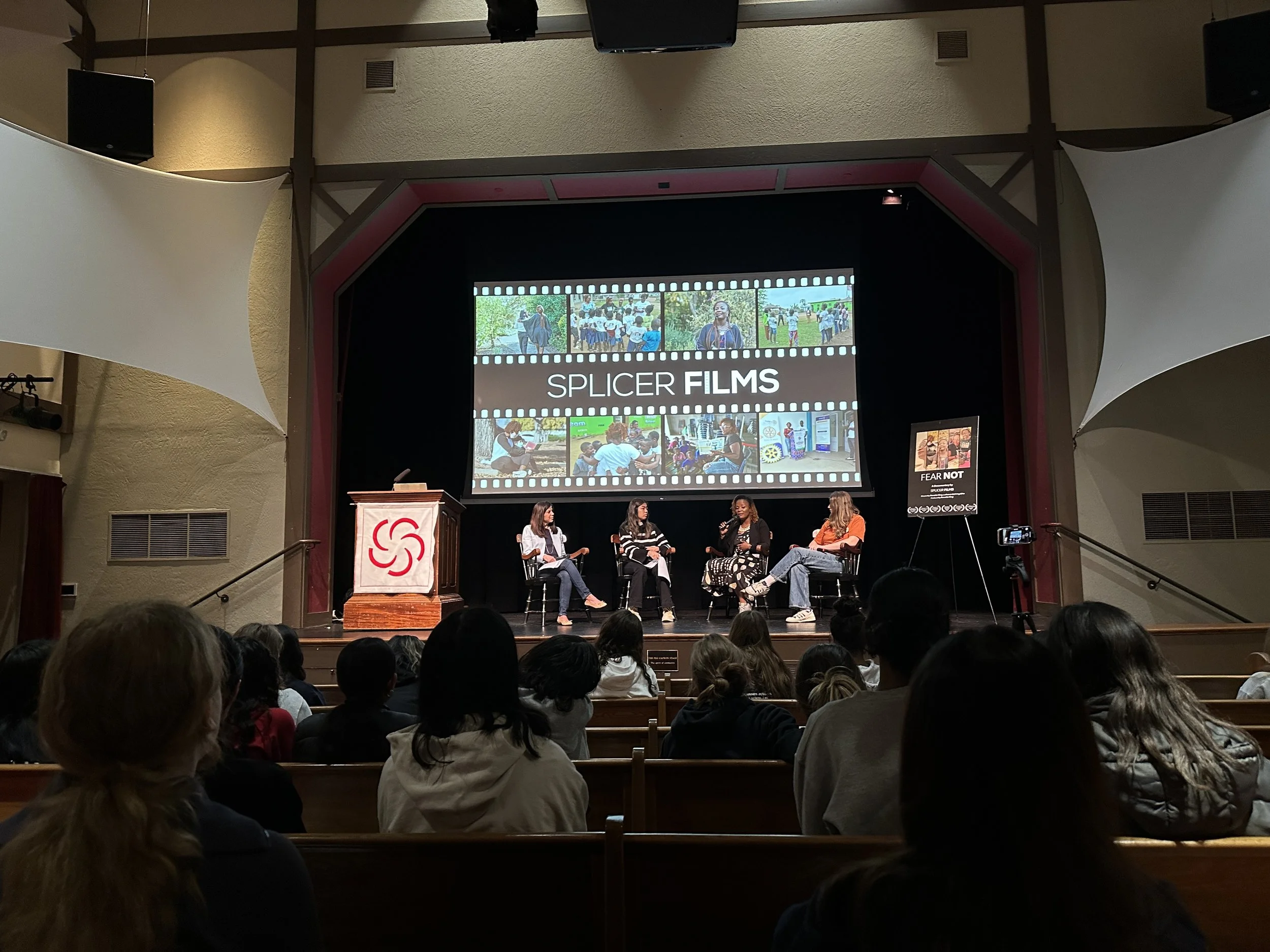

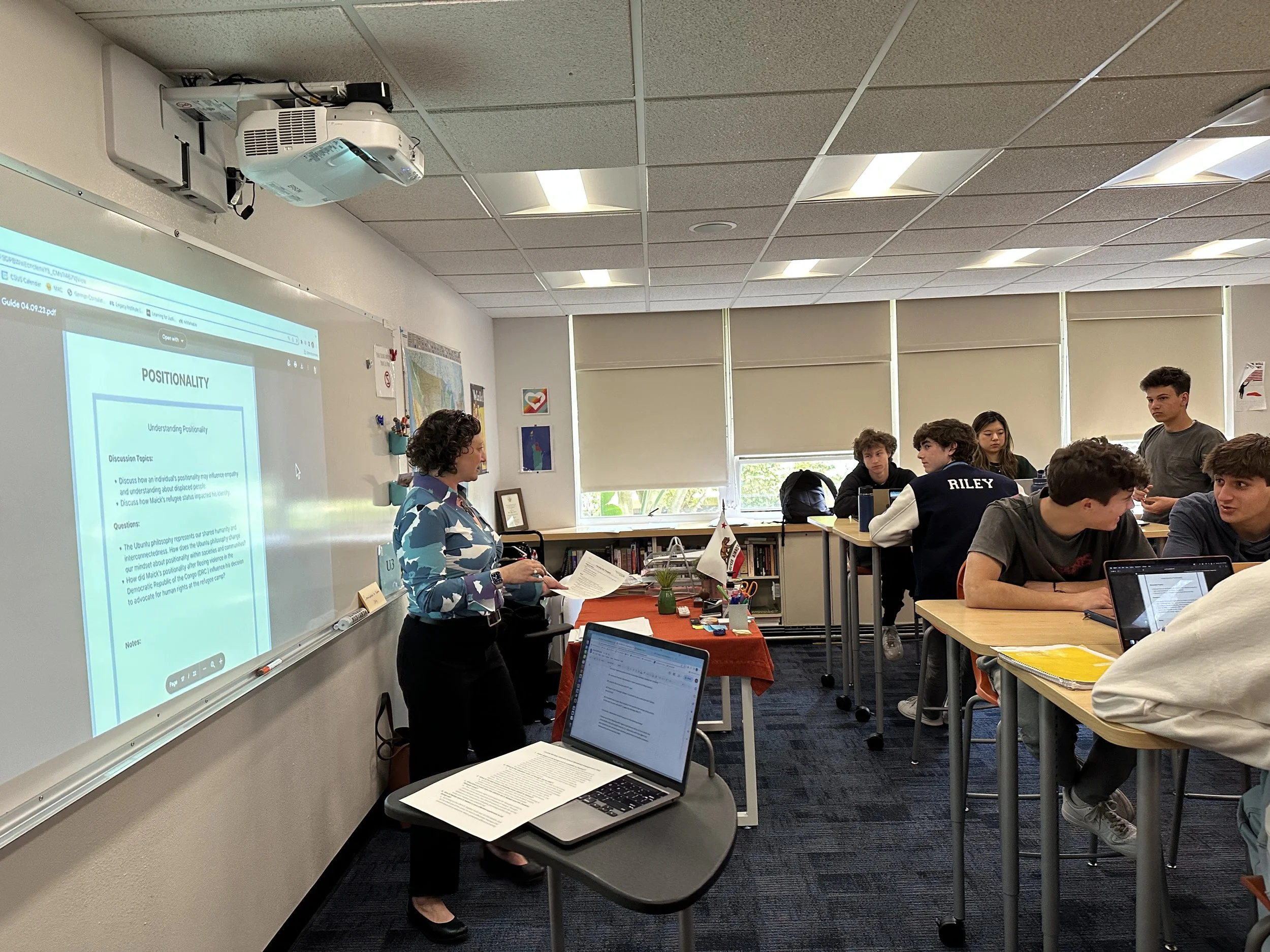
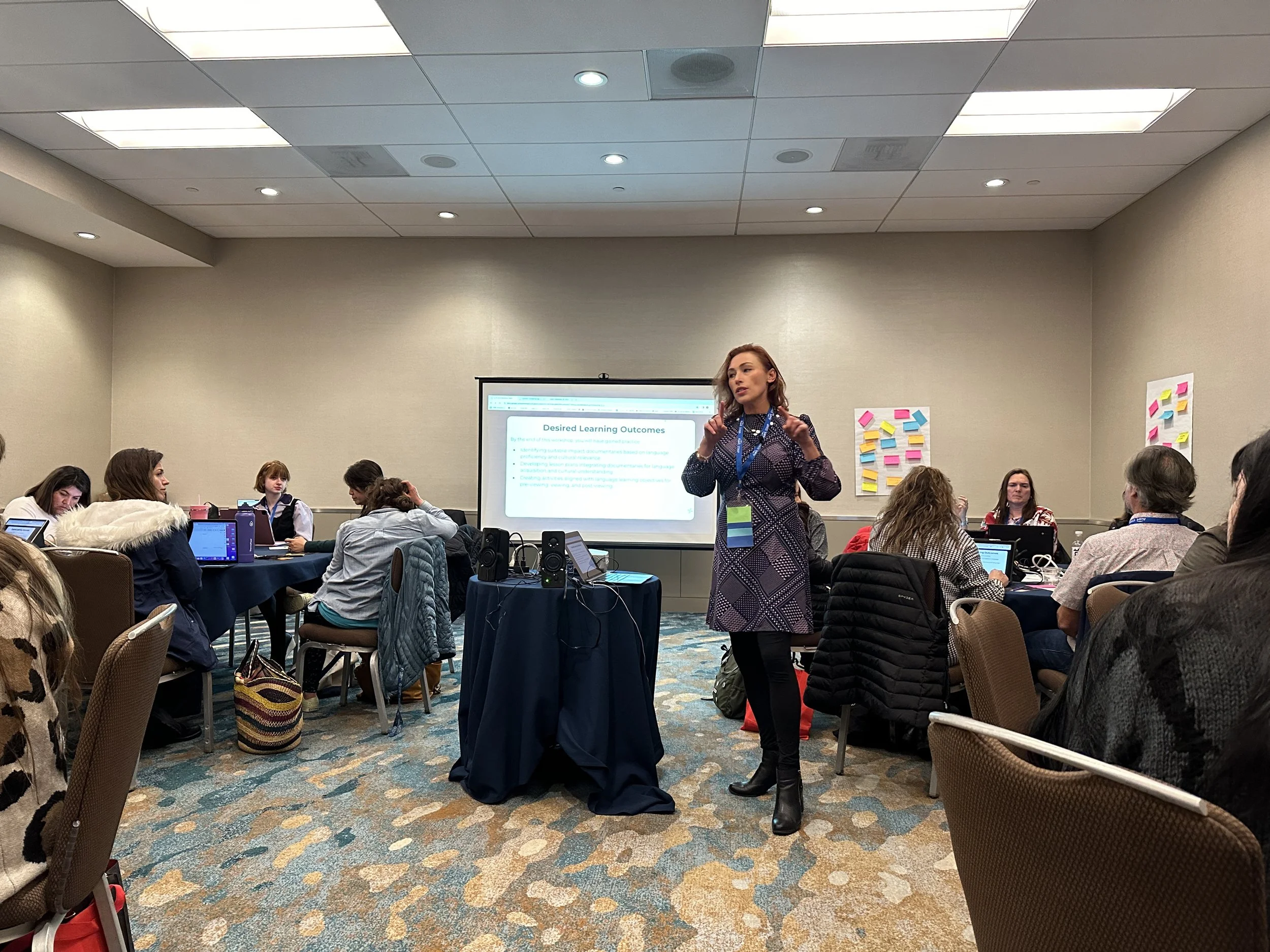

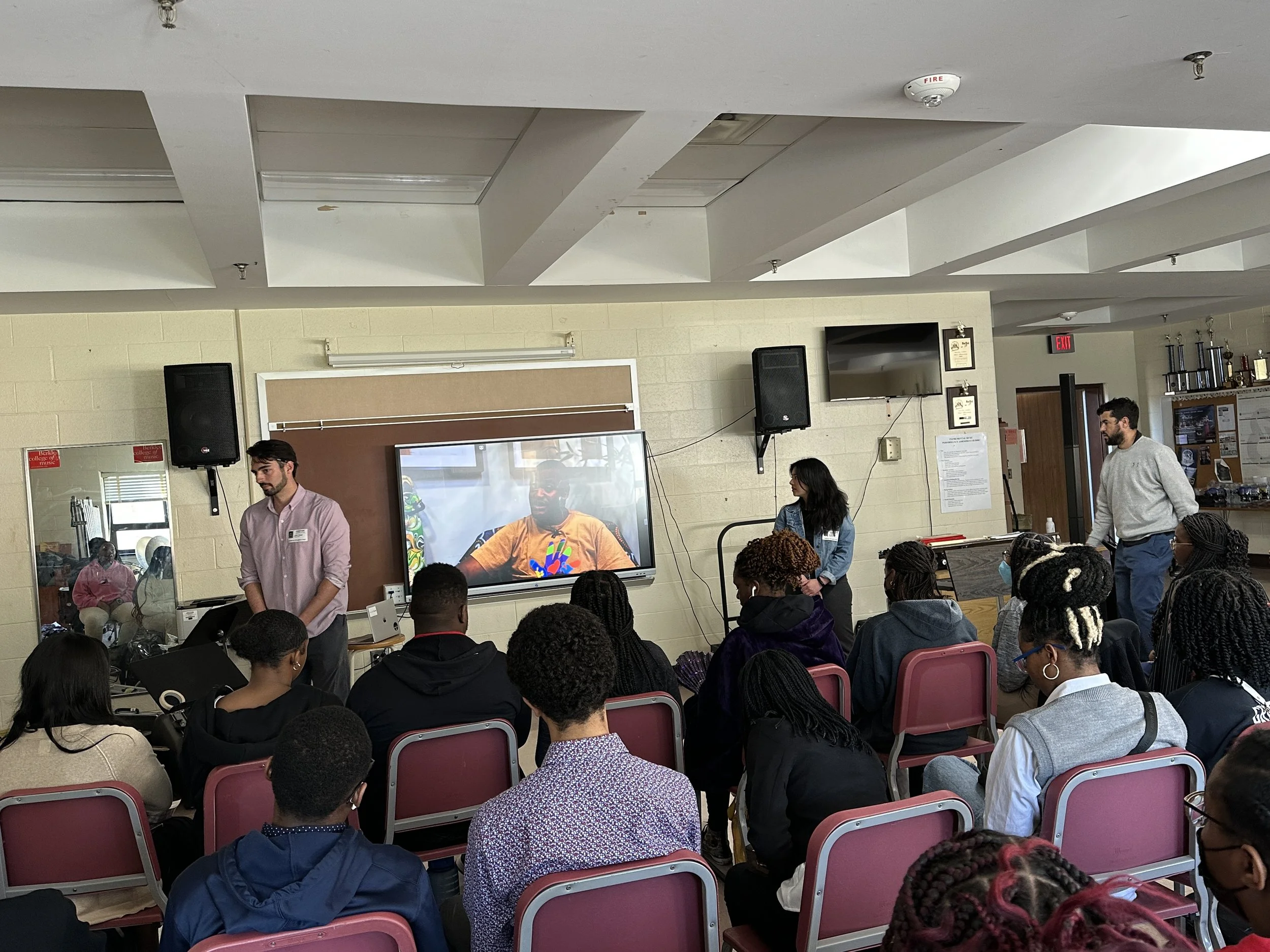
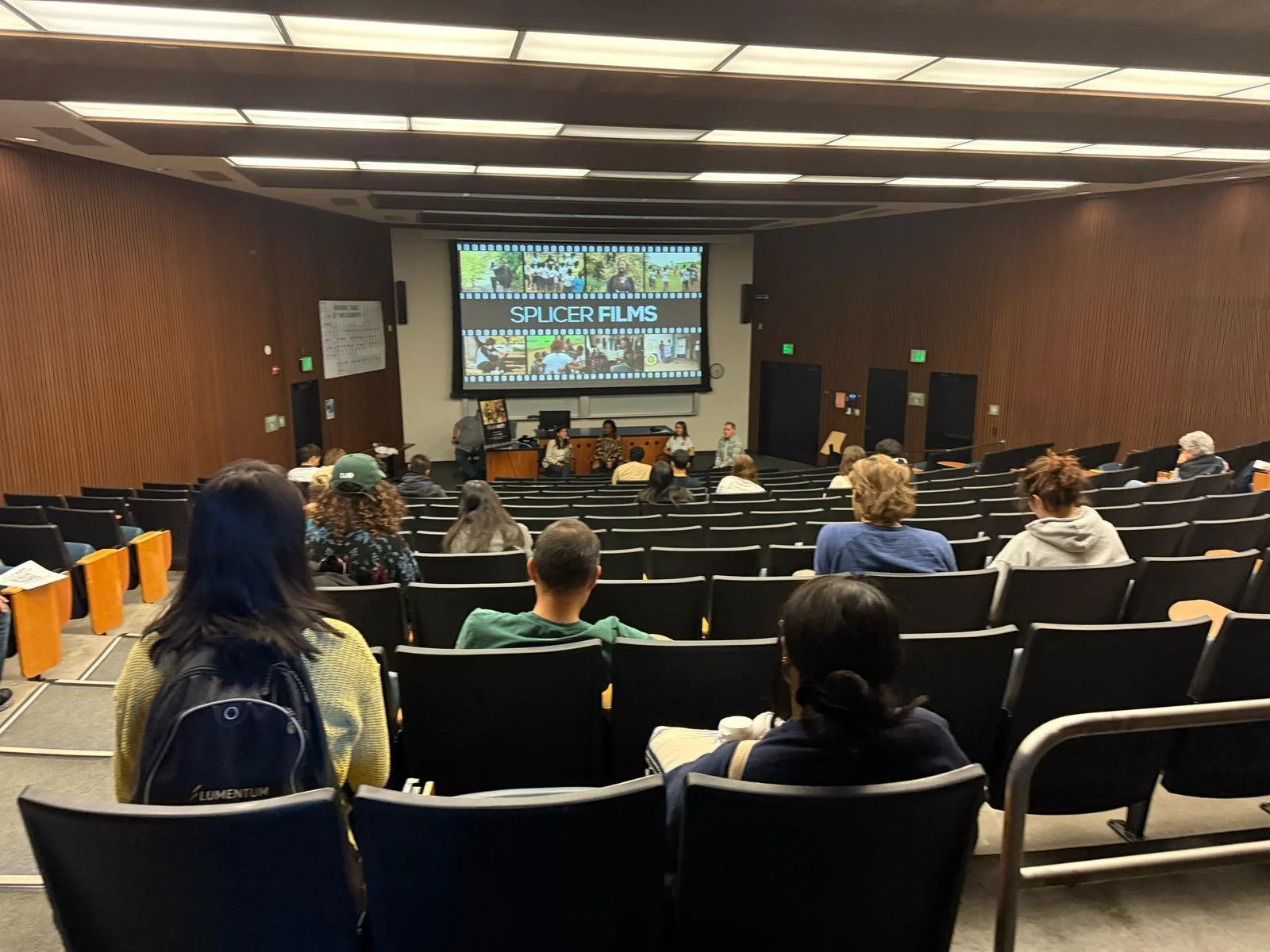
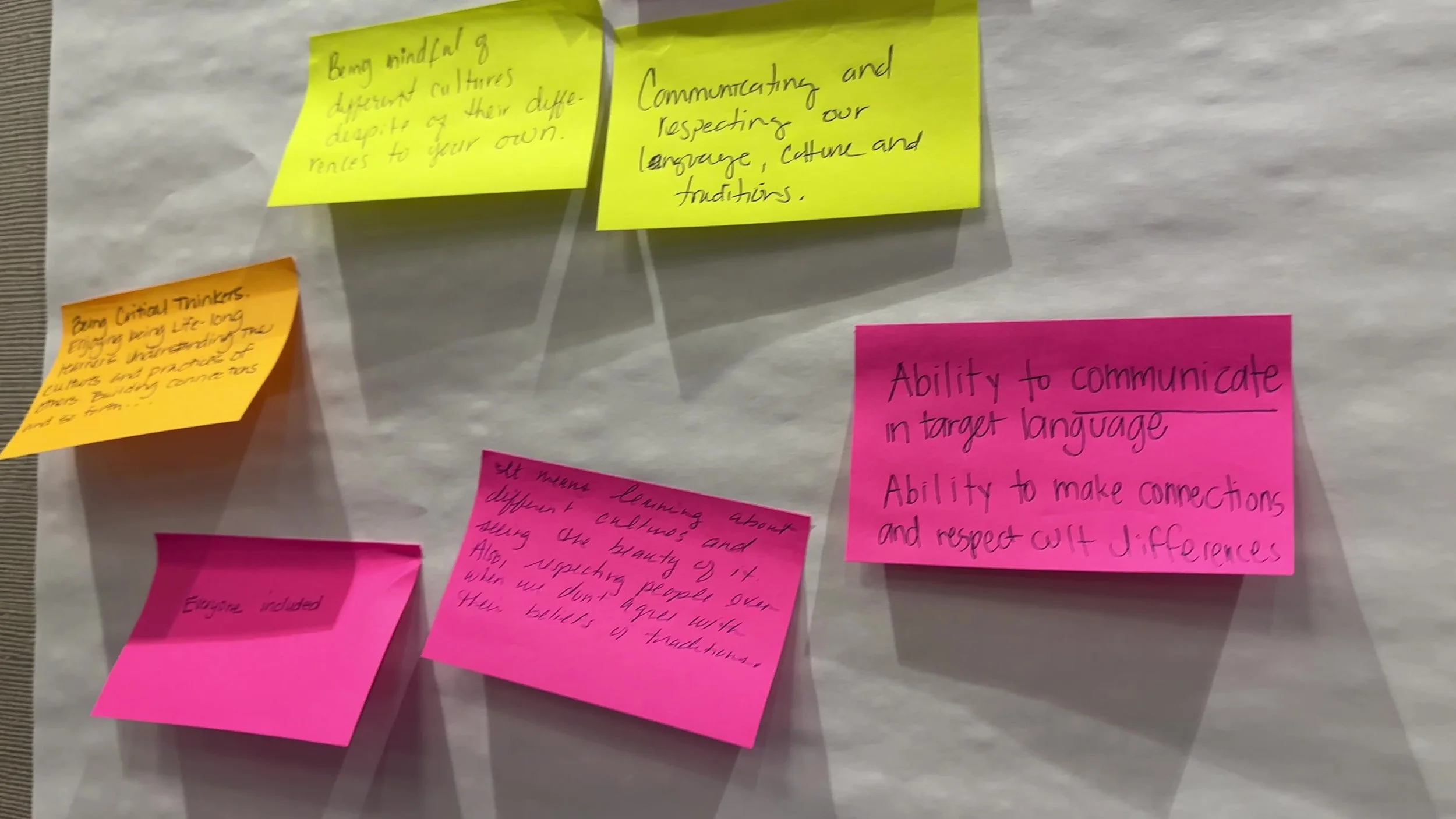
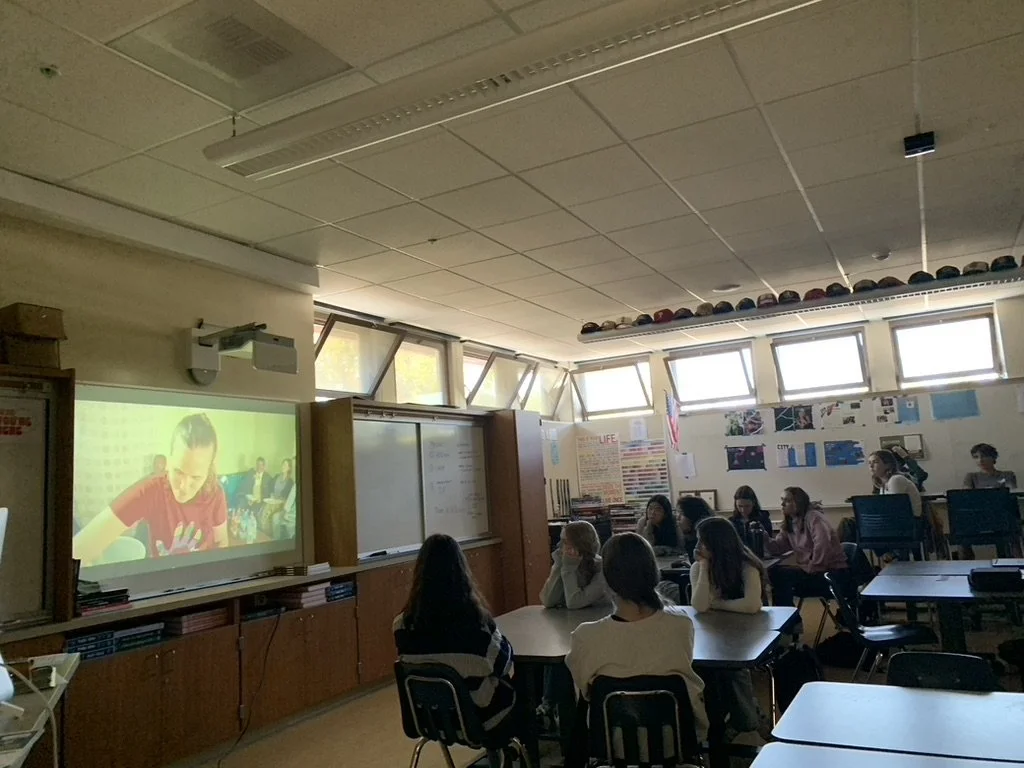
The Impact Documentary Curriculum is available for individual classroom use, department-wide licenses, or district-wide implementation
Impact Documentary AP Curriculum FAQ
-
The Splicer Films Impact Documentary Curriculum is a comprehensive educational program designed to teach students the art and science of developing and creating documentaries that aim to inspire social change and drive real-world impact. It moves beyond traditional filmmaking to focus on purpose-driven storytelling, equipping students with the skills to identify social issues, craft compelling narratives, and strategize for measurable impact through their films. The curriculum integrates cinematic techniques with an understanding of advocacy, community engagement, and distribution for social good.
-
The Splicer Films Impact Documentary Curriculum package is comprehensive, providing educators with everything needed to guide students through the filmmaking process. It typically includes:
Teacher's Guide: Detailed lesson plans, teaching strategies, assessment rubrics, and answer keys.
Student Workbook: Engaging activities, worksheets, research prompts, and project templates.
Access to Splicer Films Documentaries: A curated selection of Splicer Films' impact documentaries for analysis and inspiration, complete with discussion guides.
Filmmaking Resources: Guides on pre-production (research, story development, scriptwriting, budgeting), production (cinematography basics, interviewing, sound recording), and post-production (editing, sound design, color grading).
Impact Strategy Modules: Dedicated sections on developing impact campaigns, understanding audience engagement, and exploring distribution channels for social change.
Digital Assets: Downloadable templates, presentation slides, and supplementary video tutorials.
-
Students will typically watch the films through a secure online platform provided by Splicer Films. This platform ensures easy access to the curated documentaries included in the curriculum. Licensing details will specify the duration and scope of access for participating schools and students. Films may be streamed directly or, in some cases, downloaded for offline viewing within the educational setting, depending on the licensing agreement.
-
Yes, Splicer Films actively engages with educational partners and organizations to provide enriching content, which includes delivering customized lectures and speaking engagements. Our aim is to utilize the power of impact storytelling to empower students and future leaders. We often pair screenings of our culturally diverse documentaries with talks that provide a framework for understanding social issues and inspiring action. We work with academic institutions to tailor content that aligns with their curriculum and educational goals, fostering empathy and encouraging students to become community and global leaders.
-
Yes, Splicer Films offers 1 to 1 tutoring as an add-on for our Impact Documentary Curriculum.
-
Yes, the Splicer Films Impact Documentary Curriculum is designed with flexibility in mind and can be adapted for non-AP high school classes or even middle school programs. The core concepts of storytelling, social awareness, and basic filmmaking can be introduced at various levels of complexity. For younger students or non-AP classes, educators can:
Focus on shorter projects or specific aspects of filmmaking (e.g., interviewing, visual storytelling).
Simplify research requirements and impact strategy components.
Utilize the more accessible documentaries and discussion prompts.
Provide more scaffolding and direct instruction for technical aspects. The curriculum's modular nature allows educators to tailor the content to their students' age, skill level, and available resources.
-
Yes, Splicer Films offers professional development opportunities for educators implementing the Impact Documentary Curriculum. These sessions are designed to empower teachers with the knowledge and confidence to deliver the curriculum effectively. Professional development may include:
Virtual or in-person workshops: Covering curriculum overview, pedagogical strategies, and technical filmmaking basics.
Online resources: Access to tutorials, best practices, and a community forum for educators.
Direct support: Opportunities for Q&A with Splicer Films' team and experienced educators.
Refresher courses: To stay updated on new film releases and evolving impact strategies.
-
The cost of the Splicer Films Impact Documentary Curriculum varies based on the licensing model, the number of students/users, and the duration of access. Pricing typically includes annual licenses for K-12 institutions, with options for different user capacities. For specific pricing details and to request a personalized quote, please contact Splicer Films directly through this contact page link here.
-
Yes, Splicer Films understands the importance of evaluating educational materials before making a commitment. We offer preview options for qualified educators and institutions. This may include:
Sample lesson plans: Access to a selection of watermarked curriculum modules.
Preview of student workbook pages: To review the activities and assignments.
Film Evaluation Links: To assess content and review films.
Online demonstrations: A guided tour of the curriculum by a Splicer Films representative.
Please contact our educational outreach team to inquire about previewing the curriculum materials. Complete the request form on this contact page.
-
This curriculum is designed to align seamlessly with several AP courses, enriching existing subject matter through the lens of impact filmmaking. Key alignments include:
AP English Language and Composition / AP English Literature and Composition: Students will develop advanced rhetorical analysis skills by dissecting documentary narratives, explore persuasive techniques, and enhance their own expository and argumentative writing through proposal development and impact statements.
AP Human Geography / AP World History / AP US History / AP European History: The curriculum provides a dynamic platform for students to research and present on historical events, societal issues, and global challenges through a contemporary and visually engaging medium. It encourages critical thinking about diverse perspectives and historical context.
AP Art and Design (2D, 3D, Drawing): While focusing on narrative, the visual storytelling aspects, cinematography, and editing processes offer direct connections to principles of design, composition, and visual communication.
AP Comparative Government and Politics / AP US Government and Politics: Students can explore policy, governance, and civic engagement by investigating how documentaries can influence public opinion and governmental action.
-
To get started with the Splicer Films Impact Documentary Curriculum, please follow these steps:
Visit the Splicer Films Website: Explore the dedicated education section for the Impact Documentary Curriculum to learn more.
Schedule a Consultation: Connect with a Splicer Films educational representative to discuss your school's needs, curriculum alignment, and receive a personalized quote.
Arrange for a Preview: If desired, request access to preview materials to evaluate the curriculum firsthand.
Initiate Purchase Order: Once you are ready, finalize the licensing agreement and purchase the curriculum package and add ons including Adjunct Lectures, Teacher Professional Development, Curriculum Support options and Individual Student tutoring.
Schedule Professional Development: Arrange for educator training to ensure a smooth and successful implementation of the curriculum in your classroom.
We look forward to partnering with you to empower the next generation of impact filmmakers!
Contact us for more information.
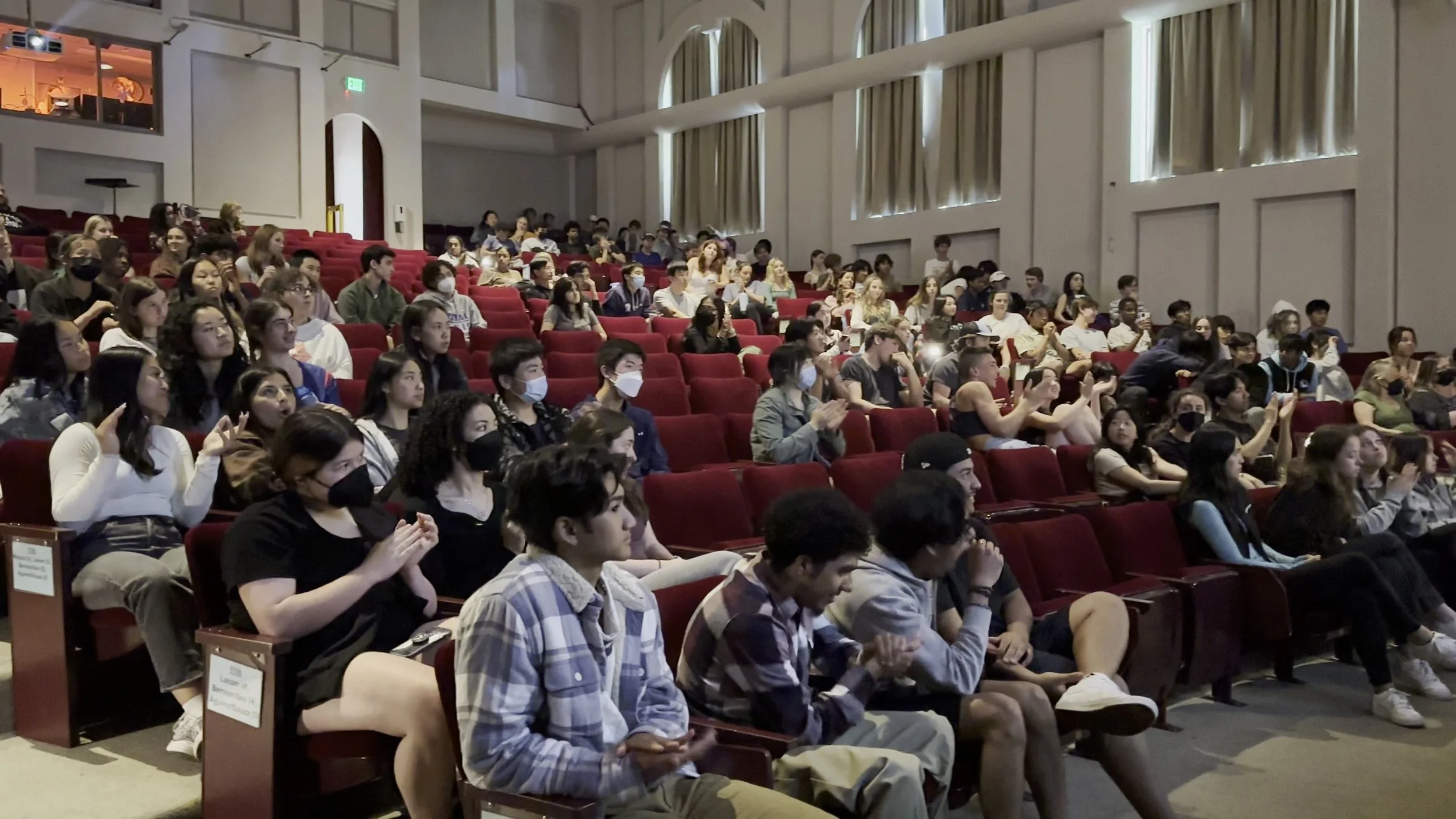
Get Started Today
Inspire critical thinking. Spark meaningful dialogue. Bring impact into your classroom.
Custom training, virtual teacher onboarding, and professional development add-ons are also available.






